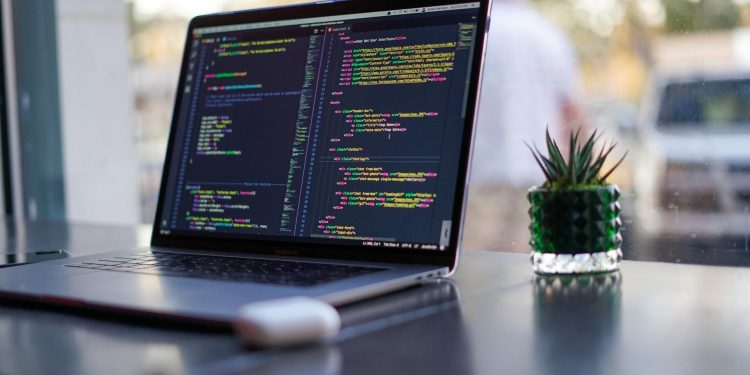Nowadays, each company that has a website, an application, or any computer-driven hardware needs programming. If you’re a beginner, you might want to consider using Python. Its flexibility and object-oriented features make Python one of the most loved programming languages today. It has dynamic semantics and other features that make it useful for complex application development.
It offers well-furnished libraries and different frameworks allowing developers to quickly develop applications. If you’re a beginner and still struggling to understand how this programming language works, look below to find a few helpful tips.
Select a resource for learning Python
One of the first steps to understanding this high-level programming language is to select one or more resources for learning it. The resources can be grouped into three categories, including interactive, non-interactive, and video resources. In recent years, interactive resources have become common due to the popularization of online courses providing practical coding explanations and challenges.
For example, if someone needs to get Python homework help online, many online courses are offering effective strategies by working with a professional tutor. This way you’ll be able to receive the support you need and become more confident in your programming skills. Non-interactive resources, on the other hand, include books and websites. As for video resources, they were often promoted by universities, and now there’s an abundance of them for different subjects, including Python programming.
Understanding the basics of Python
As a beginner, it’s best to start with the fundamentals, as it will be easier for you to grasp advanced concepts later on. Once you have a good understanding of the basics, you’ll be able to move forward and learn data structures with confidence. Note that even though Python is a general-purpose programming language that enables you to do complex tasks, it’s still easy to understand.
Python has clean syntax, which makes it suitable for both beginners and experienced programmers. However, if you’re a complete beginner, you might find this programming language a bit hard at first. Bear in mind that if you choose an overly challenging task, you might find yourself discouraged to continue. So, try to master the basics and you’ll be able to learn and understand it better.
Install a friendly IDE
IDE (integrated development environment) is an application that lets you script, test and run code in Python. The right IDE for you would be the one that you enjoy using the most. It’s important to choose a friendly IDE early on in the game, so you’ll produce and debug code more effectively. Some of the most popular Python IDEs are Spyder, PyCharm, Jupyter Notebook, Atom, Visual Studio Code, and others.
The best thing is they’re free, so you can try a few before you settle on one. Although, keep in mind that they have slightly different user interfaces and features, so you might need a bit of time to learn how to use them. In addition, you can also install an auto-completer or error-handler for your IDE, especially when working on lengthy projects. This will help you write codes faster, and point out mistakes.
Work on Python projects
Once you have a good understanding of Python, it’s time to practice. It is crucial to use coding every day so you learn Python faster. Practice will help you establish consistency and expose you to various problems and applications, thus developing problem-solving skills. The easiest way to learn a program is to start using it. Once you’ve learned the basic syntax, it’s time to make projects as they’ll push your capabilities, help you build a portfolio, and help you learn new things.
Keep in mind that freeform projects can be quite painful since you’ll get stuck a lot, and need help. That’s why it’s usually better to start with structured projects until you feel confident enough to make them completely on your own. Look at resources for structured projects in each area including data science, mobile apps, websites, games, etc. Remember, before starting to work on your own projects, it is useful to start with simple things to help you gain confidence, and feel comfortable debugging errors with your programs.

Final thoughts
Python is evolving all the time, so you’ll need to constantly learn and work on projects to be able to understand it completely. Note that there are only a few people who can completely understand the language, and those are the ones that created it. So, stay motivated, and define your goals. Remember to start with the basics, and find resources that will help you learn and understand this programming language better.





